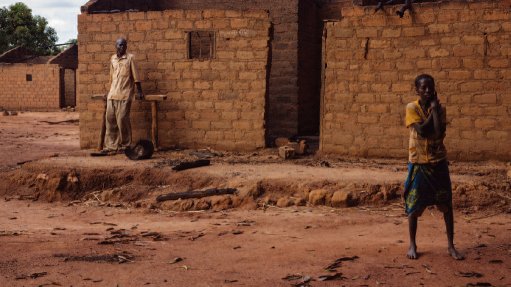
This report documents war crimes and crimes against humanity committed by Seleka and anti-balaka forces in the central regions of the Central African Republic between late 2014 and April 2017.
Based on hundreds of interviews with victims and witnesses, primarily in the Nana-Grébizi, Ouaka, Ouahm and Haute Kotto provinces, this report provides a detailed account of the widespread abuses committed against civilians in those parts of the country.
The report also highlights two urgent needs that require international support. First is improved civilian protection by the roughly 12,800-member United Nations peacekeeping force currently in the Central African Republic. As the crimes documented here show, the force was too often unable to protect civilians from killings and forced displacement. Vulnerable civilians desperately need protection because fighting in the central regions flared in late 2016 and continues in 2017, even after the signing of a peace accord in June 2017.
Second is attention and support to the recently established Special Criminal Court (SCC), which offers a unique chance to hold accountable the perpetrators of these grave crimes. A hybrid institution within the Central African justice system, with national and international judges and prosecutors, the SCC has a mandate to investigate and prosecute serious human rights violations committed in the Central African Republic since 2003. Together with the International Criminal Court (ICC), which has jurisdiction and ongoing investigations in the country, the SCC has the potential to break the country’s long-standing tradition of impunity for atrocities.
To be effective, however, the SCC requires sustained commitment from the government of President Faustin-Archange Touadéra, as well as practical, political and financial support from the United Nations and individual governments, including for the protection of witnesses and security of court personnel.
The report also demonstrates how the killing of civilians, sexual assaults, and razing of villages have laid at the heart of Seleka and anti-balaka fighting tactics. In this report, Human Rights Watch documented the killing of at least 566 civilians in attacks between November 2014 and April 2017, and the deaths of an additional 144 people in the bush after they had fled fighting, mostly children and older people, from injury, illness, exposure or hunger. During that time, armed groups destroyed at least 4,207 homes. All of these numbers are likely to be a fraction of the totals during this period because no comprehensive record of the deaths and destruction exists.
Report by the Human Rights Watch